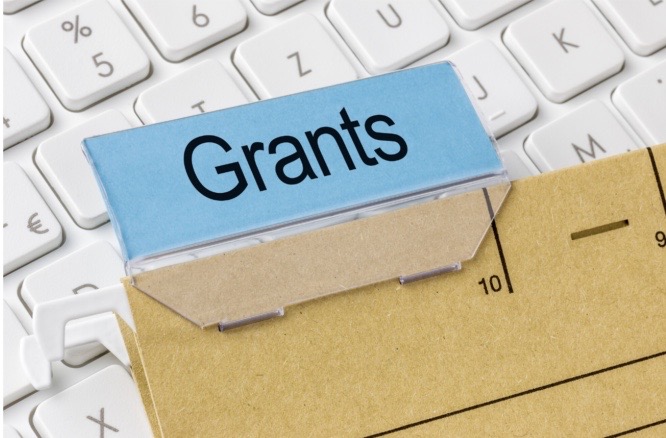The full economic impact of COVID-19 and its related “stay at home” orders cannot be measured right now. Anecdotal evidence suggests that widespread delinquencies and defaults have begun. Condominium and homeowner associations are not immune and can rightly expect negative consequences. As homeowners struggle with job disruptions and loss of income, the likelihood of delay or default in payment of assessments becomes a stark reality. And the association’s ability to collect past due assessments is substantially affected by unpaid property taxes, by delinquent mortgages having priority over assessments and by homeowner bankruptcies. This environment poses unique challenges for associations to continue services uninterrupted, especially when vendors and employees expect timely payment.
On March 27, 2020 the CARES Act was signed into law providing $376B in relief to employees and small businesses. The CARES Act established several new temporary programs through the Small Business Administration (“SBA”) to address the COVID-19 outbreak. One program, the Economic Injury Disaster Loan and Loan Advance (“EIDL”), offered a loan advance that needs not be repaid regardless of whether the EIDL application is later (dis)approved. The CARES Act provides the loan advance “shall be not more than $10,000” and be paid “within 3 days after the (SBA) Administrator receives an application from suchapplicant”. CARES Act Title I, section 1110; 15 U.S.C. Section 636(b)(2).
No doubt many property managers and condominium and homeowner associations were enthused by the EIDL program and its $10,000 loan advance grant to cover immediate needs. The EIDL application on the SBA website was streamlined and relatively simple to submit. However, as the adage goes, “if it seems too good to be true, it probably is”.
At first the SBA website unconditionally stated the $10,000 loan advance grant would be paid within 3 days of application. As one would expect, the response was huge. According to some reports more than 1,000,000 small businesses applied for the EIDL and its related loan advance. The SBA website was later revised to describe a loan advance of “up to $10,000” with no mention of the 3 day payout. Further, the SBA district office in Massachusetts issued an email bulletin (applicable to all district offices)
that limits the EIDL loan advance grant to $1,000 per employee to a maximum of $10,000. These changes by the SBA caused anger and confusion among small business owners and caused four United States Senators to send a letter to the SBA Administrator expressing concerns how the SBA is handling relief available under the CARES Act.
Even though the EIDL rollout has been described as “chaotic”, most condominium and homeowner associations qualify for relief under the program and should at a minimum submit the streamlined EIDL application which, according to the SBA, saves their place in the queue. A copy of the streamlined EIDL application is available here. As time passes the economic injury suffered by condominium and homeowner associations can be reliably measured and included in a later EIDL application. Further, it is possible the SBA will change its criteria for the EIDL loan advance grant and provide that much needed relief to associations which are now limited or disqualified.
Michael D. McCulloch is Of Counsel to Hirzel Law, PLC and among other things he assists the firm with Northern Michigan cases and matters. Mr. McCulloch has over 35 years’ experience as an attorney emphasizing condominium law, real estate law, estate planning and litigation

